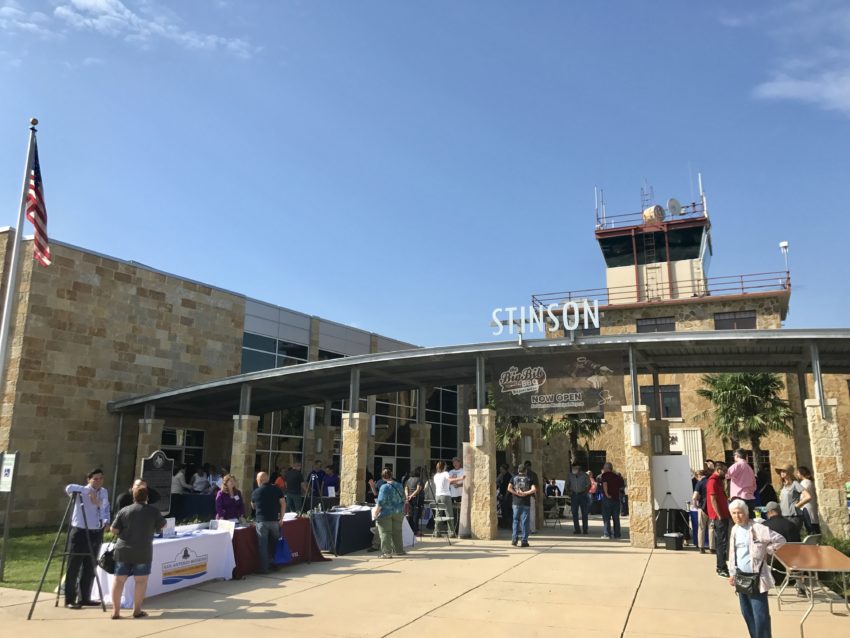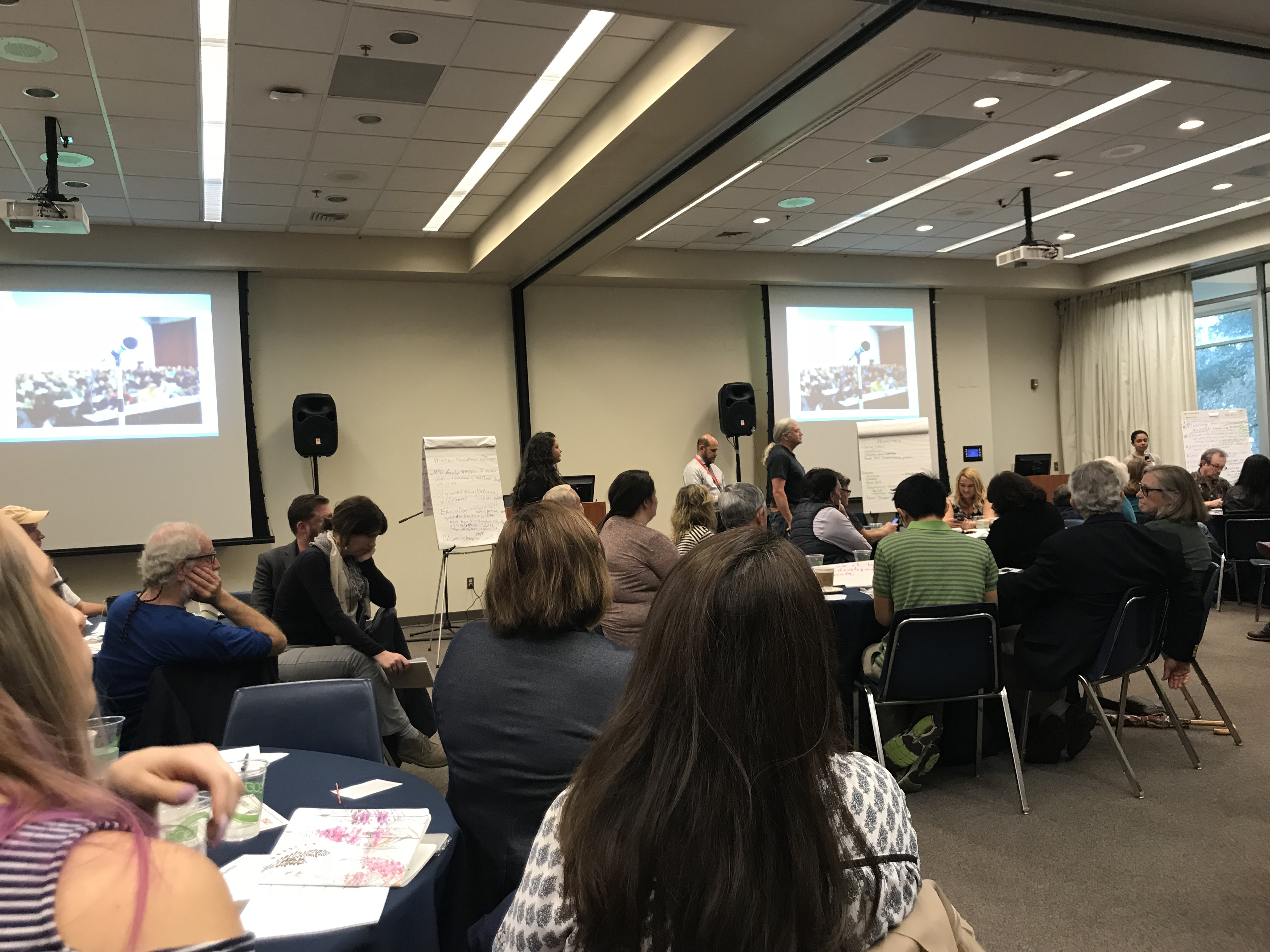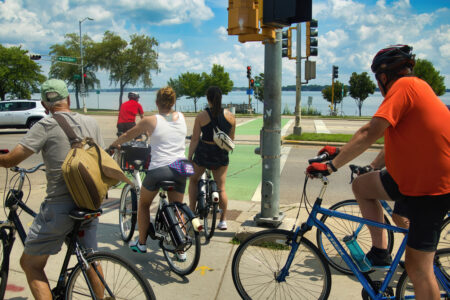
Share On Social!
You don’t need to hold political office to make a healthy change in your community.
Parents and residents play a big role in helping leaders make change by getting involved in neighborhood associations and local committees, boards, and commissions. These groups rely on your input to shape plans and policies that impact health in your area.
Contributing to healthy local change is important because where you live─down to your ZIP code─can predict your and your family’s education, income, and physical and mental health.
So how can you get involved?
Ways to Get Involved
First, check out our Health Equity Report Card to see what healthy change is needed in your town!
Now that you know, here are some ways you can help shape local policies, programs, and services:
Contact your local representatives to discuss your concerns. Ask them how you can get involved and which groups you should join. Although they won’t be an expert in every issue, they will likely know who to put you into contact with.
Don’t know who your representatives are? Find out on Ballotpedia or by searching, “who represents me in [YOUR CITY, STATE].”
Subscribe to their newsletters and follow them on social media.
Follow city council meetings online by looking at past minutes and upcoming agendas. Attend a meeting when you see an issue you care about.
Join a neighborhood association to discuss your concerns and potential solutions. Representatives and other decision makers can better share information with and receive input from an organized group of residents, like a neighborhood associations.

Attend town hall and planning meetings about projects or changes near where you live or work to ensure your issues are considered.
Latinos, for example, say that the government should do more to make sure that Americans are healthier, even if it costs the taxpayers more.
Find and join local collations, collaboratives and committees who are already mobilizing around the issues you care about.
But, the real action happens on advisory boards and commissions.
“City boards and commissions are the underpinnings of this process in our community-they are how our community navigates the daily and weekly decisions that make El Paso run smoothly and to become the kind of community we all want,” according to the City of El Paso website.
Join Boards and Commissions
Advisory boards and commissions serve as a bridge between community and government.
Advisory boards and commissions are groups that review, consider, oversee and/or assist in the delivery of plans, projects, policies, and/or services within a legislative body (eg. city council or county commission), city department (e.g., human services or parks and recreation), or public agency (transit authority or utility).
Some cities have as few as six advisory boards, while others have over 50. Here are some examples of boards and commissions.
Moreover, some boards and commissions are required by state law while others are established to address specific community needs.
For example, in order for cities to receive federal funding through the Community Services Block Grant, they are required to have tripartite boards, responsible for assuring that agencies continue to assess and respond to the causes and conditions of poverty in their community, achieve anticipated family and community outcomes, and remain administratively and fiscally sound.
Conversely, in 2014, Phoenix City Council passed an ordinance creating a Complete Streets Advisory Board to assist in establishing design guidelines for safer streets. Members of the advisory board, city staff and stakeholders will provide input on potential revisions to the City Code and processes to advance the Complete Streets effort for street projects.
“Board and Commission members provide input to the Mayor, city council, city Manager and city departments on a variety of issues affecting the city,” according to the City of Phoenix website. “All residents are welcome to participate in this important process.”
You can participate in this important process by attending a meeting to listen and learn or speak up about your concerns and/or solutions.
Or you can apply.
Members of advisory groups are volunteers; however, they must apply and be appointed. Members typically serve a 1-5 year term, committing 3-10 hours per month.
“City Council board appointees perform invaluable public service by broadening the forum for community input and by enhancing the processes of democracy,” according to the City of San Antonio website.
Try this internet search, “[YOUR CITY, STATE] boards and commissions,” to find a list of boards and commissions in your city or county.
Look at past minutes and upcoming agendas.
Search for vacancies.
Apply.
“Public health advocates have an especially critical role to play in this process, since many people working in local government may not be accustomed to thinking about how their work influences health,” according to ChangeLab Solutions.
Check out ChangeLab Solutions guide to getting involved in boards and commissions to create healthy communities.
By The Numbers
27
percent
of Latinos rely on public transit (compared to 14% of whites).



